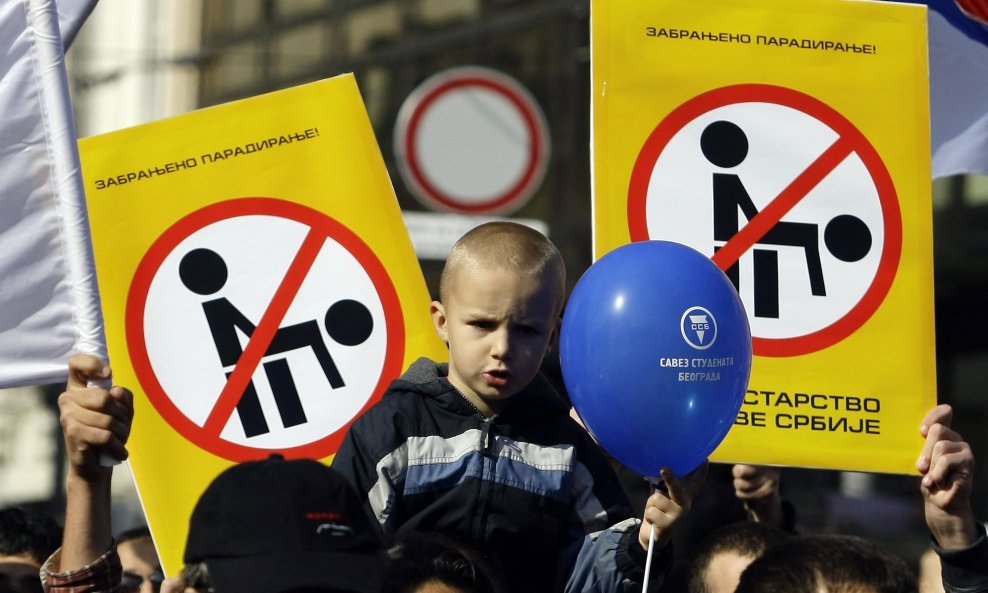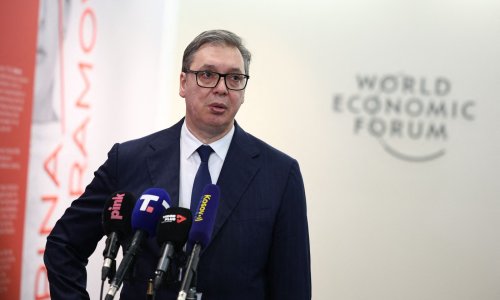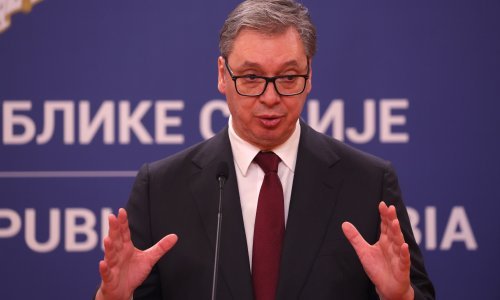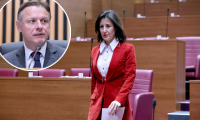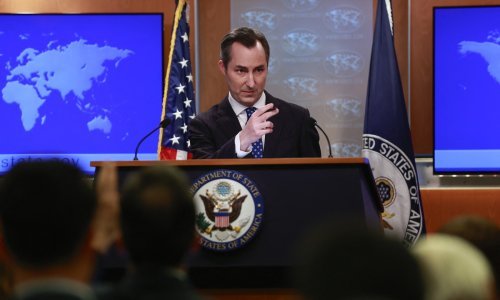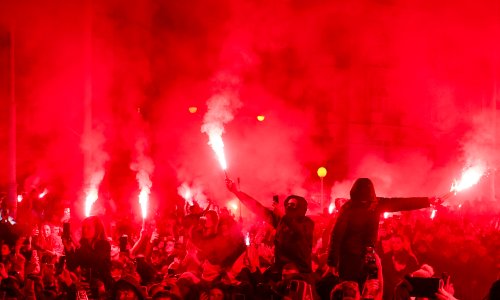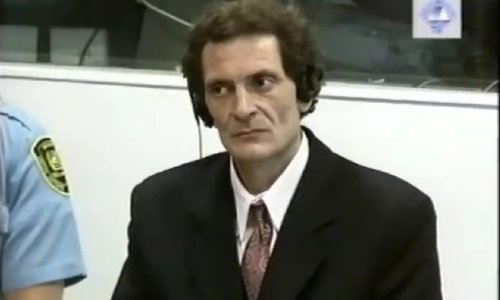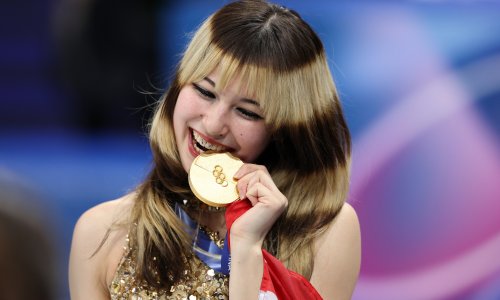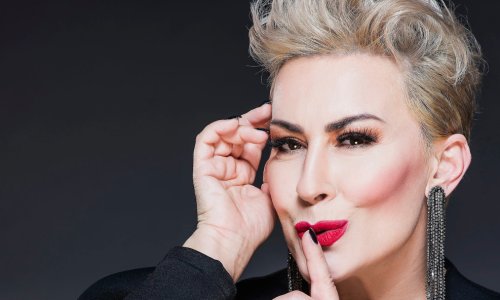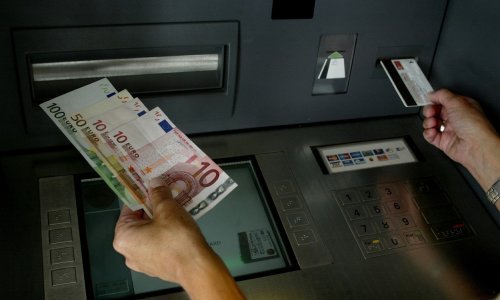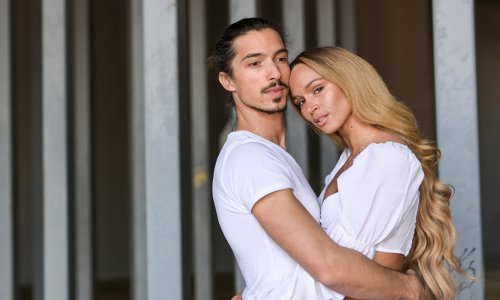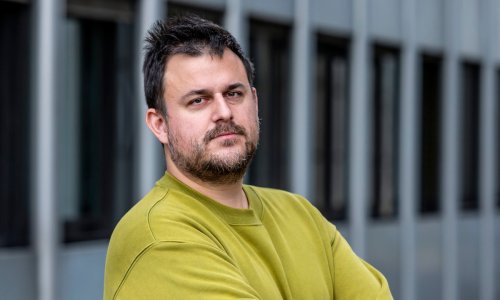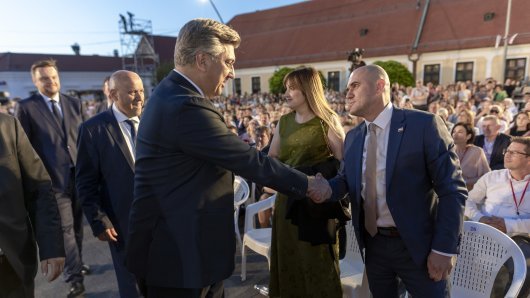Serbian authorities have banned a Pride Parade that had been planned for Saturday, September 28. Belgrade authorities made the decision late Friday afternoon which was later confirmed by Prime Minister Ivica Dacic on Serbia's national television (RTS) news programme.
Serbia's prime minister stressed that the decision was "unanimous", and that "no-one questioned the political commitment and the respect for the constitution and law with regard to that event.
He underscored that the "only limitation was due to reasons of security of all citizens", and that the ban does not just refer to the Pride parade but to all gatherings announced for Saturday in Belgrade.
Earlier in the day, First Deputy Prime Minister Aleksandar Vucic said that after the meeting of the Security Office was held it would be known if the parade would be held, stressing that a "professional decision would be made in keeping with the security of citizens."
Belgrade media had speculated that the parade of the LGBT community, their guests, local and foreign officials who support the event, was to have been secured by up to 6,500 police officers.
That would have been 1,500 more police officers than had been engaged for the first Pride in Belgrade on 10 October 2010 or 2,500 more security officers and police than had been arranged to secure the Serbia-Croatia world cup qualifier football match on September 6 in Belgrade.
TV B92 reported on Friday that it was evident that there were more police officers visible on Belgrade's streets on Friday evening and that police equipped with riot gear had been deployed to several streets around the government building. After the decision on the ban was announced, police forces started to withdraw.
The head of the European Union Delegation to Serbia, Michael Davenport, on Friday urged authorities in Belgrade to show "courage and resoluteness" and allow the parade of the LGBT community in Serbia to be held on Saturday.
The European Union expects candidate countries to accept European values, including respect of human rights, Davenport said.



